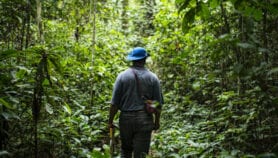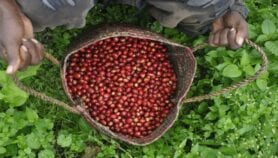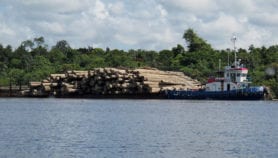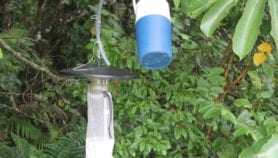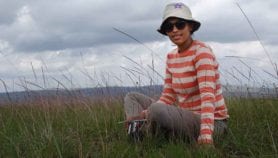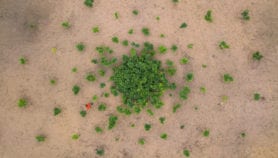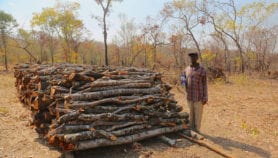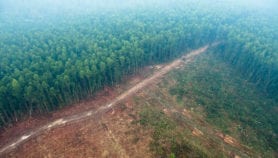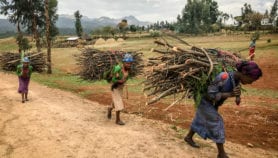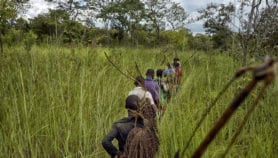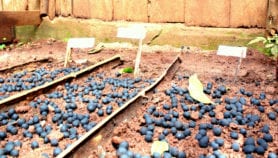Send to a friend
The details you provide on this page will not be used to send unsolicited email, and will not be sold to a 3rd party. See privacy policy.
Below is a round up of news from or about Sub-Saharan Africa for the period 18 December 2007–9 January 2008.
Nigeria files new charges against Pfizer
Nigeria’s federal government has joined the northern state of Kano in filing charges against Pfizer. The pharmaceutical company is accused of not following ethical and regulatory procedures after 11 children died and others suffered brain damage and deafness in a 1996 clinical trial. More>>
Drug problems soar among combatants in Somalia
Any disarmament and demobilisation programmes for Somalia will have to deal with significant drug abuse among militia members. A PLoS Medicine study found that chewing khat leaves — a legal stimulant similar to amphetamine and a trigger for mental illness — was higher in the less-stable southern regions. Other addictions included smoking hashish and marijuana, swallowing psychoactive tablets, drinking alcohol, sniffing solvents and chewing hemp seeds. More>>
Democratic Republic of Congo considers climate change
Leon Kengo wa Dondo, speaker of the senate in the Democratic Republic of Congo, has declared climate change a priority for 2008, starting with a senate workshop held earlier this month (2 January) on the forestry code. The country has large forests and 30 per cent of Africa’s freshwater resources, but climate change is causing agricultural problems and increased disease risk. More>>
Pregnant HIV-infected women reluctant to tell partners
Preventing mother-to-child transmission of HIV is made more difficult by the problems women have disclosing their status to their partners. A study in the Côte d’Ivoire revealed that polygamous households and shared accommodation reduced the chance of disclosure. However, husbands who found out their wives were HIV positive were far more likely to get tested. More>>
Nigerian fund under fire, again
Nigeria’s Petroleum Technology Development Fund, set up to train future scientists but under investigation for fraud and corruption, faces new problems. Critics have pointed out that the full revenues of both the fund and its parent organisation, the National Petroleum Corporation, are not reflected in the government’s 2008 budget proposal. And now the Central Bank is threatening to shut down financial institutions that hold on to public income for more than 48 hours. More>>
Isolated Guinea-Bissau can’t deliver drugs to island regions
Adrien Were, Guinea-Bissau representative of the Global Fund to Fight HIV/AIDS, TB and Malaria, says there are only enough resources to deliver antiretrovirals to five of the country’s 11 regions. Coordination, monitoring and logistics remain problems in the five prioritised regions and the 35,000 people living around Bubaque Island in the Bijagos archipelago can be tested but not treated. More>>
Heavy rainfalls trigger malaria in southern Africa
The Southern African Development Community’s drought monitoring centre in Botswana says a La Niña climate event is triggering heavy rainfall over much of Angola, Malawi and Zambia, as well as parts of Madagascar, Mozambique, Tanzania and Zimbabwe, which will last until February. The WHO predicts major malaria outbreaks. More>> ![]() [310kB]
[310kB]
Angola screens children for hearing loss
Each year the paediatric hospital of Luanda admits 1,000 children with acute bacterial meningitis, as Angola does not routinely vaccinate children with the haemophilus influenzae type b (HIB) vaccine. Of roughly half the children who survive, many become deaf. Researchers found that modern audiologic equipment could identify such children in resource-poor settings, encouraging rehabilitation and reducing isolation. More>>
If you would like to suggest a story for this news in brief, please contact the Africa News Editor Christina Scott ([email protected]).


